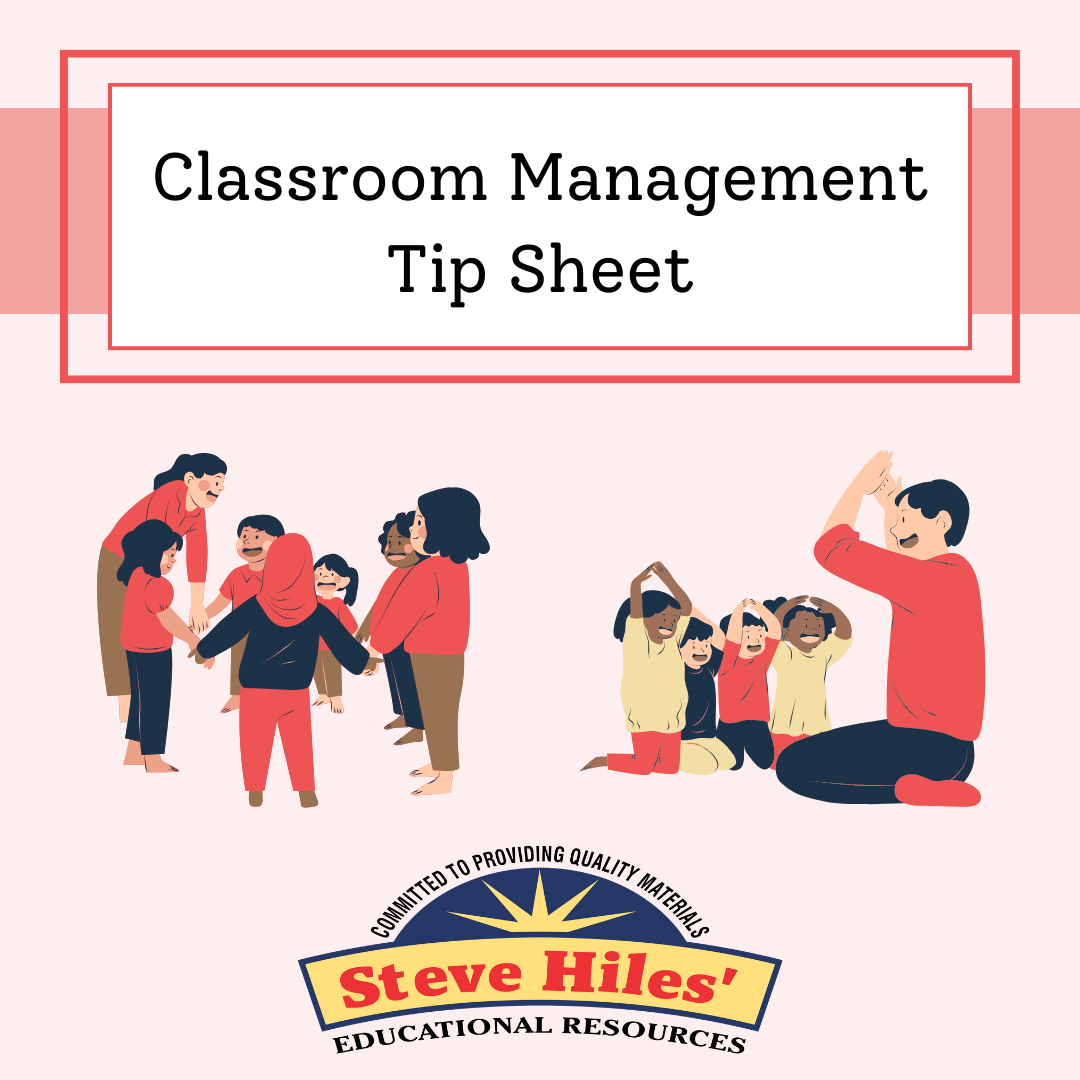I want to address something every new teacher faces at some point—imposter syndrome. You know that little voice in your head saying, “Am I really cut out for this? Will my students, colleagues, or parents think I have no idea what I’m doing?” Yeah, we’ve all been there. But here’s the good news: you are capable, and today we’re going to explore five ways to conquer imposter syndrome and boost your confidence as a new teacher.
Whether you’re fresh out of college or transitioning into teaching from another career, this feeling is completely normal—and temporary. So, let’s jump into these strategies and kick that imposter syndrome to the curb. I’ll be sharing five tips.
Table of Contents
ToggleTip #1: Acknowledge the Feeling
The first step is recognizing and admitting to yourself that you’re feeling like an imposter. Imposter syndrome thrives in silence, so by acknowledging it, you take away its power. It’s okay to feel out of place—after all, you’re stepping into something new! Even the most experienced teachers have had moments of doubt. So, remind yourself that these feelings don’t define your ability to teach or make an impact on your students.
Actionable Steps:
- Name it: When you feel inadequate, simply say to yourself, “This is imposter syndrome talking.” Just labeling the feeling can take away some of its intensity.
- Journal your thoughts: Take five minutes at the end of each week to write down when you felt like an imposter. Seeing those thoughts on paper helps distance yourself from the emotion and often reveals that the situation wasn’t as bad as it felt in the moment.
- Talk to someone: Share your feelings with a trusted colleague, mentor, or friend. Often, just verbalizing your thoughts will make them seem more manageable, and you’ll likely find that others have experienced the same feelings.
Tip #2: Reflect on Your Accomplishments
It’s easy to forget just how much you’ve already achieved. Look back at all the work that led you to this moment. Think about the degree you earned, the student teaching experience, and the countless hours you’ve spent preparing to become an educator. Celebrate those wins, big and small. Sometimes, the simple act of reflecting on your journey can help you realize you’re more than qualified to be standing in that classroom.
Actionable Steps:
- Create a “Win’s” folder: Start a digital or physical folder where you save positive feedback from students, colleagues, or parents. It could be a thank-you note, a kind email, or even a lesson that went particularly well. When you’re feeling doubtful, take a few minutes to review these affirmations.
- Revisit your why: Write down why you chose teaching in the first place. Post it somewhere visible in your classroom or workspace. When imposter syndrome strikes, revisit your why to reconnect with your purpose.
- Set small, achievable goals: Break larger goals down into smaller, daily or weekly targets. Celebrate the completion of each milestone, reminding yourself that progress is progress, no matter how small.

Tip #3: Stop Comparing Yourself to Other Teachers
This one’s huge. As a new teacher, it’s tempting to look at your colleagues and feel like you’re falling short. You see the seasoned veterans with their perfectly organized lessons, seemingly effortless classroom management, and you wonder how you’ll ever get there. Here’s the secret: they started where you are now. Everyone’s journey is different, and growth takes time. Don’t let comparison steal your joy or cloud your progress. Focus on your growth and what you bring to the classroom.
Actionable Steps:
- Limit social media exposure: While it can be inspiring to see other educators’ classrooms and successes on social media, it can also create feelings of inadequacy. Set limits on how often you browse educational content, or unfollow accounts that make you feel more stressed.
- Focus on your strengths: Write down three things you’re doing well each week. Maybe your classroom has a positive atmosphere, or maybe you’ve found a great way to engage reluctant learners. Keep your attention on your own growth.
- Make peer connections, not comparisons: Instead of comparing yourself, approach experienced teachers as resources. Ask them about their first-year experiences and learn how they overcame challenges. Their stories might surprise you and put your own journey into perspective.
Tip #4: Seek Support and Mentorship
One of the best ways to combat imposter syndrome is by leaning on others for support. Find a mentor, whether it’s an experienced teacher in your school or a community of educators online. Having someone who understands what you’re going through can provide reassurance and practical advice. Don’t be afraid to ask questions or seek feedback. Remember, teaching is a collaborative profession—nobody does it alone.
Actionable Steps:
- Identify a mentor: If your school has a formal mentorship program, take full advantage of it. If not, approach an experienced teacher you respect and ask if they’d be willing to informally mentor you. Be specific about what you need help with, whether it’s classroom management or lesson planning.
- Join online teaching communities: There are many supportive communities for educators on social media platforms like Facebook or Reddit. These groups allow you to ask questions, share resources, and get advice from teachers who have been in your shoes.
- Schedule regular check-ins: Set a recurring time to meet with your mentor or colleagues—whether it’s once a month or every other week. Use these check-ins to discuss challenges, brainstorm solutions, and share wins.
Tip #5: Embrace Mistakes as Learning Opportunities
Here’s the thing: you’re going to make mistakes, and that’s okay. In fact, it’s more than okay—it’s part of the process. Every teacher, new or experienced, learns from the missteps they make along the way. Instead of letting mistakes fuel your imposter syndrome, use them as opportunities to grow. If a lesson didn’t go as planned, reflect on what you can do differently next time. The key is to give yourself grace, accept that perfection isn’t the goal, and keep moving forward.
Actionable Steps:
- Reflect after each lesson: At the end of each day or week, ask yourself what went well and what didn’t. Focus on what you can learn from the challenges rather than beating yourself up over them. Maybe you tried a new classroom management strategy that didn’t go as planned—what could you tweak next time?
- Practice self-compassion: When you make a mistake, talk to yourself the way you would talk to a close friend. Be kind and remind yourself that learning is a process.
- Model a growth mindset for your students: Share your own learning process with your students. If something doesn’t go perfectly in a lesson, acknowledge it and show your students how you plan to improve. This not only helps you embrace mistakes but also teaches your students resilience.
To wrap it all up, remember that imposter syndrome is something many teachers experience, especially in the beginning. It’s important to acknowledge it, reflect on your journey, and seek out support. Don’t compare your path to anyone else’s, and most importantly, embrace the learning process. The fact that you’re even worried about being a good teacher shows you care deeply about your students—and that makes you a great teacher already.
If you’re looking for more strategies and support as a new teacher, check out Teacher RockStar Academy, where we focus on helping educators like you find their confidence, reduce stress, and rock that classroom!







